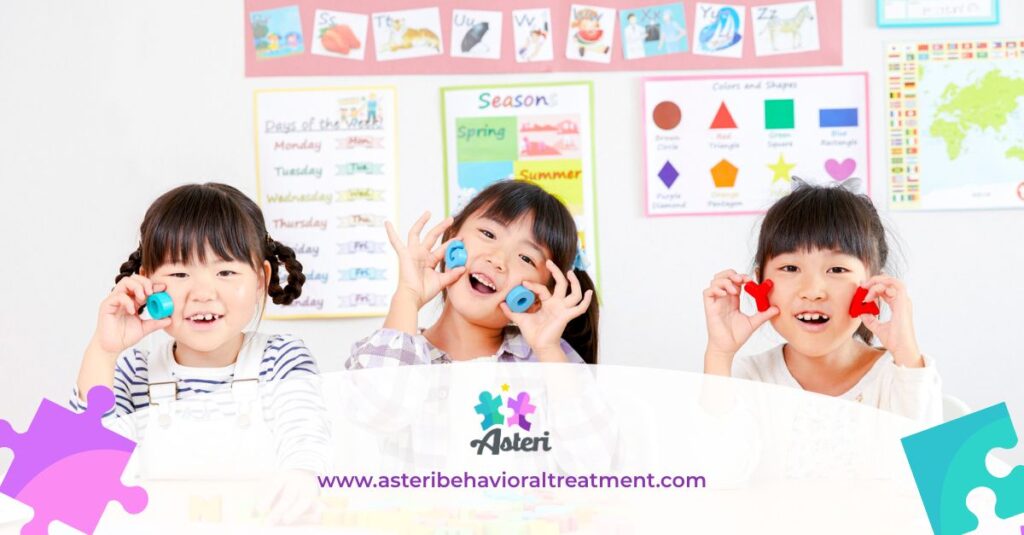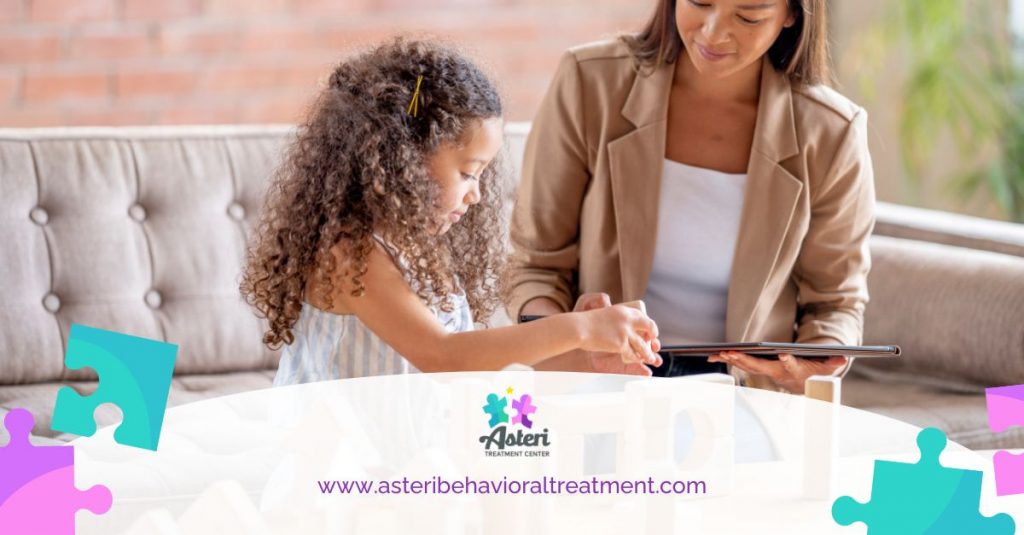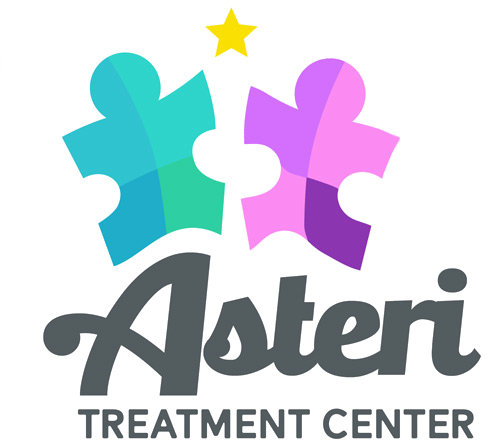Applied Behavior Analysis (ABA) has long been recognized as an evidence-based intervention for children with autism spectrum disorder (ASD), but recent research is shedding new light on how these programs can be optimized for social and emotional development. A groundbreaking study examining ABA program training has revealed significant improvements in social, emotional, and daily life skills when specific best practices are implemented.

For families navigating autism spectrum disorder (ASD) support options, understanding these latest findings can help inform treatment decisions and maximize outcomes for their children. The research demonstrates that when parents and caregivers are actively involved in the therapeutic process, children show markedly better progress across multiple domains of development.
Cultural sensitivity and family-centered approaches are emerging as crucial components of effective ABA programming. Rather than applying a one-size-fits-all methodology, the most successful interventions adapt to each family’s unique values, traditions, and circumstances.
Understanding the Latest Applied Behavior Analysis Research
The recent comprehensive study on ABA program training tracked children with autism spectrum disorder across multiple treatment settings and timeframes. Researchers measured progress in three key areas: social skills, emotional regulation, and activities of daily living.
Results showed that children who participated in culturally sensitive, family-integrated ABA programs demonstrated significantly greater improvements compared to those in traditional clinic-only settings. The data revealed that social-emotional skills improved by an average of 40% when parents were trained as active co-therapists in their child’s program.
Key findings from the study include:
- Children showed faster skill acquisition when therapy sessions incorporated family routines and cultural practices
- Emotional regulation improved most dramatically when parents learned to implement strategies at home
- Daily living skills transferred more effectively from clinical settings when families received comprehensive training
- Long-term retention of skills was highest among families who maintained consistent home-based reinforcement
These findings underscore the importance of moving beyond isolated clinical interventions toward comprehensive, family-centered approaches that respect and incorporate each family’s unique context.
Best Practices for Effective ABA Programming
Session Frequency and Intensity
Research indicates that the optimal frequency for ABA sessions varies based on the child’s age, severity of symptoms, and family circumstances. However, certain patterns consistently produce better outcomes:
Early intervention programs typically require 15-25 hours per week of direct instruction, with the intensity gradually decreasing as children develop foundational skills. For preschool-aged children, breaking these hours into shorter, more frequent sessions often yields better results than longer, less frequent sessions.
School-aged children may benefit from 10-15 hours of weekly intervention, with emphasis shifting toward social skills training and academic support. The key is maintaining consistency while allowing flexibility for the child’s natural development and family schedules.
Adolescents and teens often respond well to focused, intensive sessions targeting specific skill deficits, typically ranging from 5-10 hours per week with heavy emphasis on independence and life skills.
Target Behaviors and Social-Emotional Learning
Modern Applied Behavior Analysis approaches prioritize teaching skills that enhance quality of life and promote independence. The most effective programs target behaviors in four core areas:
Communication skills form the foundation of social-emotional development. Programs focus on both verbal and non-verbal communication, including understanding social cues, expressing emotions appropriately, and engaging in reciprocal conversations.
Self-regulation strategies help children manage their emotional responses and adapt to changing situations. These skills are taught through structured activities that gradually increase in complexity and unpredictability.
Social interaction skills are developed through carefully structured peer interactions, role-playing scenarios, and community-based learning opportunities. The goal is to help children form meaningful relationships and participate successfully in group activities.
Independent living skills prepare children for greater autonomy by teaching everything from personal hygiene to money management, depending on the child’s developmental level and family goals.
Embedding Social-Emotional Learning in Applied Behavior Analysis
The integration of social-emotional learning into ABA programming represents a significant evolution in treatment approaches. Rather than treating emotional regulation as a separate skill set, contemporary programs weave emotional learning throughout all therapeutic activities.
Emotional identification and expression are taught using visual supports, social stories, and real-life scenarios that resonate with the child’s experiences. Children learn to recognize their own emotional states and those of others, developing empathy and emotional intelligence.
Problem-solving skills are cultivated through structured decision-making opportunities that allow children to practice identifying problems, generating solutions, and evaluating outcomes. These skills transfer directly to social situations and daily challenges.
Coping strategies are individualized based on each child’s sensory preferences and stress responses. Some children benefit from physical movement, while others respond better to quiet, solitary activities or sensory tools.
Practical Strategies for Home Implementation
Parents and caregivers play a crucial role in extending therapeutic gains beyond clinical settings. The most successful families implement consistent strategies that reinforce skills learned in therapy while respecting their family’s natural routines and cultural practices.
Creating Structured Learning Opportunities
Establish predictable routines that incorporate skill practice naturally. For example, morning routines can include opportunities to practice communication, self-help skills, and emotional regulation all within the context of getting ready for the day.
Use visual supports throughout the home environment to reinforce learning. Picture schedules, emotion charts, and social stories help children generalize skills across different settings and situations.
Practice social skills during family activities, such as board games, cooking together, or community outings. These natural environments provide authentic opportunities to use newly learned skills.
Reinforcement and Motivation Systems
Identify meaningful rewards that motivate your child while aligning with your family values. Some families use token systems, while others prefer activity-based rewards or social praise. The key is finding what works for your specific child and family dynamic.
Maintain consistency across caregivers and settings. When parents, grandparents, teachers, and therapists use similar approaches and reinforcement strategies, children learn faster and retain skills more effectively.
Celebrate small victories and progress toward larger goals. Acknowledging incremental improvements helps maintain motivation for both children and families during challenging periods.
Cultural Integration and Family Values
Incorporate cultural traditions into skill-building activities. Teaching social skills through culturally relevant scenarios helps children understand appropriate behavior within their specific community context.
Adapt teaching methods to match your family’s communication style and values. Some families prefer direct instruction, while others learn better through storytelling, modeling, or hands-on activities.
Include extended family members in the learning process when appropriate. Grandparents, siblings, and other relatives can provide additional practice opportunities and support for skill development.
Real-World Applications and Success Stories
Families who successfully integrate ABA principles into their daily lives often share common approaches that can guide others beginning this journey. These strategies demonstrate how evidence-based practices can be adapted to diverse family circumstances while maintaining effectiveness.
One family incorporated social skills practice into their weekly grocery shopping trips, using these outings to work on communication, money skills, and emotional regulation. Their child learned to greet store employees, make purchases independently, and manage frustration when preferred items were unavailable.
Another family used their cultural tradition of large family gatherings as opportunities to practice social skills. They prepared their child in advance with social stories about the event, practiced appropriate greetings and conversation starters, and established quiet spaces for emotional regulation when needed.
A single mother working full-time found success by incorporating brief skill practice sessions into established routines rather than adding separate therapy time to their already busy schedule. Morning preparation became an opportunity for independence skills, while bedtime routines included emotional check-ins and social reflection.
Building Long-Term Success Through Partnership
The most effective autism spectrum disorder (ASD) support programs recognize that lasting change occurs through collaborative partnerships between families and treatment providers. This approach requires ongoing communication, flexibility, and mutual respect for each family’s expertise about their child.
Regular team meetings ensure that all stakeholders remain aligned on goals and strategies. These discussions should include not only progress updates but also adjustments based on changing family circumstances, cultural considerations, and the child’s evolving needs.
Skill generalization planning helps families understand how to support their child’s continued growth across different environments and situations. This might involve practicing skills learned in therapy during community outings, family visits, or school activities.
Transition preparation becomes increasingly important as children grow and their needs change. Effective programs help families anticipate and prepare for transitions between educational settings, therapy intensity levels, and increasing independence expectations.
At Asteri Treatment Center, we recognize that your active participation forms the cornerstone of your child’s success. Our programs are designed to honor your family’s values and traditions while providing evidence-based interventions that promote meaningful growth in social, emotional, and daily living skills.

Moving Forward with Confidence
Recent advances in ABA research provide families with clearer guidance on what works best for supporting children with autism spectrum disorder. The evidence consistently points toward family-centered, culturally sensitive approaches that integrate seamlessly with your daily life while maintaining the structure and consistency that promotes learning.
Success in autism spectrum disorder (ASD) support requires patience, consistency, and the willingness to adapt strategies based on your child’s unique needs and your family’s circumstances. By partnering with experienced professionals who respect your family’s values and incorporating evidence-based practices into your daily routines, you can help your child develop the social, emotional, and independence skills they need to thrive.
Remember that every child’s journey is unique, and progress may look different from one family to another. Focus on celebrating your child’s individual achievements while maintaining realistic expectations and seeking support when needed. With the right combination of professional guidance, family involvement, and cultural sensitivity, children with autism can develop meaningful skills that enhance their quality of life and expand their opportunities for connection and independence.
